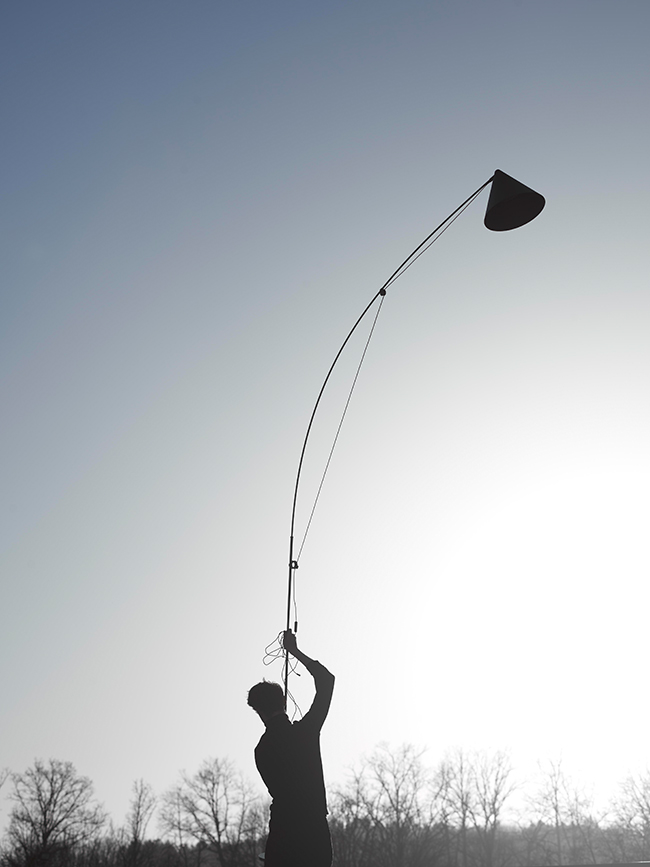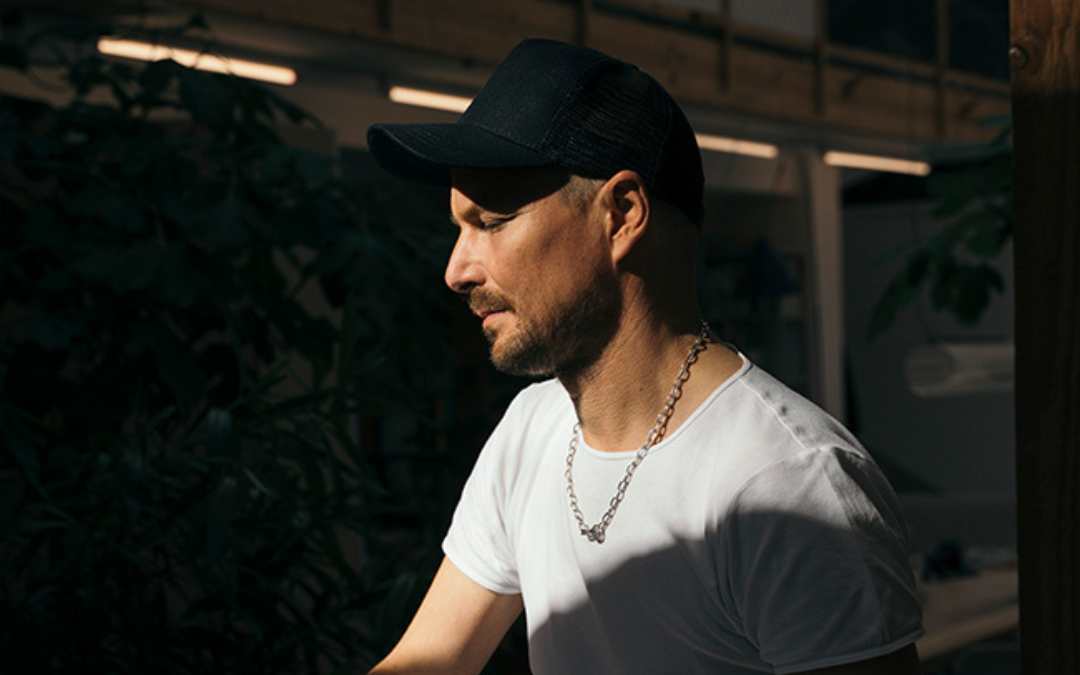Rethinking the Elements of Architecture
Stefan Diez
Oskar von Miller Forum, Oskar-von-Miller-Ring 25, 80333 Munich
18:30 – 20:00
Designers, engineers and craftsmen design products as building blocks for the architecture and interior of a building. For centuries, these have been designed under the paradigm of efficiency, in the context of a linear economy, and with an awareness of a coherent overall picture — both at the level of buildings and at the level of the cityscape.
In terms of meeting the 2015 Paris Agreement, the building sector is currently under enormous pressure, as the construction industry is responsible for more than one-third of the world’s energy consumption and more than one-third of the world’s waste. Not only does the manufacture and maintenance of architecture need to be reinvented, but the reuse, disposal and recycling of these components must also focus on the concerns of a circular economy and C02 emissions, which are to be drastically reduced.
“What will our utopias for sustainable living and working look like if we rethink them from the elements of architecture?”
Stefan Diez
The lecture will be a journey through Stefan Diez’s practice as an industrial designer, focusing on products for a circular economy, and a look at how he sees the role of industrial designers in collaboration with architects. This topic has also been recently explored in his teaching at the University of Applied Arts in Vienna, where he works with his students on the design of architectural elements that will have a significant impact on the cityscape of the future or that can change in a particular way the way people live together and the way they live in these cities.
Driven by curiosity and supported by a network of local craftsmen and specialists, DIEZ OFFICE dedicates itself with great care and competence to turning ideas into concrete products. Together with his team, Munich-based designer Stefan Diez focuses primarily on the potential of the circular economy and develops everyday products whose components can be easily returned to the material cycle. In 2020, his “Ayno” lamp, which consists of only three primary materials, was awarded the German Sustainability Award.
The lecture and livestream start at 6:30 p.m.
About Stefan Diez and DIEZ OFFICE
After training as a carpenter, Stefan Diez studied industrial design with Richard Sapper at the State Academy of Fine Arts in Stuttgart. After working with Konstantin Grcic for several years, he founded DIEZ OFFICE in Munich in 2002 and is now one of Germany’s most successful designers.
From 2007 Stefan Diez was professor of lndustrial Design at the University of Design Karlsruhe and moved to the School of lndustrial Design Lund, Sweden in 2015. Since 2018, Stefan Diez has been head of lndustrial Design at the University of Applied Arts in Vienna.
DIEZ OFFICE designs and develops products for everyday use, focusing in particular on the potential of the circular economy. The working method is characterized by innovation through technical expertise, instinct and a great willingness to experiment. This is how award-winning furniture, lighting and accessories are created in collaboration with internationally renowned manufacturers such as Rosenthal, Thonet, Wilkhahn, HAY, e15, Magis, Vibia, Viccarbe, Wagner, Midgard, Brunner and many more.



